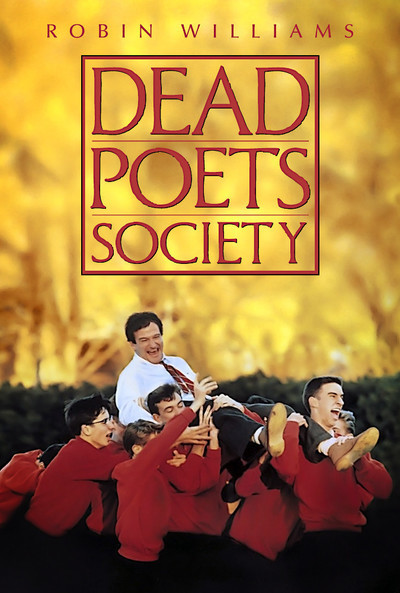Not likely to ever be Neil Gorsuch
I hadn't seen/heard this until I came across it at Slate. Nina Totenberg speaks about the newest member of the Supreme Court:
My surmise, from what I’m hearing, is that Justice [Elena] Kagan really has taken [Gorsuch] on in conference. And that it’s a pretty tough battle and it’s going to get tougher. And she is about as tough as they come, and I am not sure he’s as tough—or dare I say it, maybe not as smart. I always thought he was very smart, but he has a tin ear somehow, and he doesn’t seem to bring anything new to the conversation.
So, more Thomas than Scalia, eh? I have to say, I never thought Scalia was as smart as he made sure to tell everyone he was. That's a trick Donald Trump has exposed by not being nearly as smart as he says he is: "Believe me!" I find it interesting how much emphasis we put on "smart" as a qualification, and how few units of measure we have to truly assess such claims. Trump says he is smart, and people eventually challenge it by examining his vocabulary (it's extremely limited). We should measure intelligence by output, I suppose; but somehow judges and would-be justices who are not notable for their legal decisions (Al Franken, a non-lawyer, eviscerated Gorsuch's opinion on the freezing truck driver without once reaching for a legal dictionary. That should have told us something about Gorsuch's legal intelligence.). Scalia proclaimed himself an "originalist," as if that were a profound new school of jurisprudence, but ground-breaking thinkers are known by the followers they keep: Socrates led to Plato, who led to Aristotle, for example. And who follows Scalia? Justice Thomas?
No, not even him.
I knew a student in school once, who came in in a blaze of glory, declaring herself a brilliant addition to the student body (it was a small one to begin with) and an important and profound thinker. Word soon leaked out that the professors knew she was no such thing, and while she declared herself the smartest person in the room, the rest of us soon learned to ignore her. She eventually conducted herself in ways ignominious to the ministry (no, nothing scandalous; much subtler and more disturbing than that) and I don't know what happened to her. But she certainly had a tin ear and brought nothing to the conversation.
Funny how hard it is to figure that out, and how far people can get proclaiming themselves "smart." Usually, they can't even make things go.
Perhaps the best part of this is that Trump keeps declaring Gorsuch his greatest accomplishment so far. Yeah, about that:
Gorsuch is a pale imitation of his predecessor [Scalia], boasting a bratty attitude that has nettled justices across the ideological spectrum. He was supposed to build a new conservative consensus. Instead, it seems, his unctuous demeanor has given his colleagues something they can agree on.Apparently he's the Ted Cruz of the Court. Another guy who tells everyone how smart he is and, despite the evidence, some people are keen to believe it.
So it goes.

A recent book review book review has gotten me thinking again about the nature of our laws and how their interpretation can have profound effects on promoting or defeating freedom. The recent oral arguments on gerrymandering at the Supreme Court show that even the most well crafted legislation can be defeated by bad faith interpretation. We like to say we are a nation of laws, but those laws are not neutral, they can be severely skewed. The book reviewed concerned the German Nazi state looking to US Jim Crow laws as a potential model for their own racial segregation laws. I haven't had an opportunity to read the actual book, but the review itself is worth reading.
ReplyDeleteThe worst of our Jim Crow laws have been invalidated, but we continue to have laws or interpretations with very disparate effect. The gerrymandering case being just the most recent and far reaching. We have a president that won on a platform of racial division and white supremacy (just more overtly pointing out what already was dog whistled for a generation, just look to Senator Helms from NC). Straight up racial profiling may continue to face constitutional prohibition, but when a party is substantially entirely white, then use of political affiliation is defacto a convenient substitute for race based decisions. It is quite possible that a majority of our elite educated supreme court will find a rational to allow for this disenfranchisement. Justice Gorsuch's long winded verbiage won't hide the consequences of such a decision.
I heard the author (of the book you mentioned) interviewed. He pointed out that, at the time, the U.S. had the most racially restrictive laws available, and a history of finding out what worked, and how; and that the Nazis explicitly looked to those as a model for their new laws.
ReplyDeleteI knew that history in one sense, but I want to read the book, too; because clearly it was much, much worse than I realized. We were the guiding light for the Third Reich in those matters, apparently.